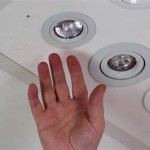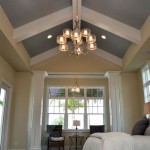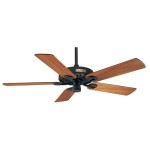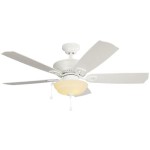Ceiling Light Connection Box: Essential Aspects You Should Know
A ceiling light connection box, also known as a ceiling electrical box or junction box, is an essential component in electrical installations for connecting ceiling lights. It provides a secure and safe means of joining electrical wires and supporting the weight of the light fixture.
Here are the essential aspects of a ceiling light connection box:
Type and Material
Ceiling light connection boxes come in various types and materials, depending on the application and installation conditions. Common types include:
- Octagonal Boxes: Used for general lighting and ceiling fans.
- Round Boxes: Suitable for single-gang switches and receptacles.
- Square Boxes: Used for recessed lighting and downlights.
Materials for connection boxes include metal (galvanized steel or aluminum) and plastic (PVC or polycarbonate). Metal boxes provide better strength and durability, while plastic boxes are less expensive and lighter.
Size and Depth
The size and depth of the connection box depend on the number of wires and the type of light fixture being installed. Standard sizes for octagonal boxes are 4 inches, 6 inches, and 8 inches, with depths ranging from 1-1/2 inches to 2-1/8 inches.
For recessed lighting, shallow boxes with depths of 1-1/2 inches or 2 inches are often used. It is important to ensure that the box is large enough to accommodate all the wires and connectors without overcrowding.
Knockouts and Mounting
Connection boxes have knockouts, which are pre-punched holes that allow for easy entry of electrical wires. Knockouts are located on different sides of the box to provide flexibility in wire routing.
Ceiling light connection boxes can be mounted directly to the ceiling joists or studs using screws or nails. Some boxes have pre-drilled mounting holes for quick and secure installation.
Grounding and Safety
Grounding is an essential safety feature in electrical installations. Ceiling light connection boxes must be properly grounded to provide a path for fault currents to safely return to the earth.
Most connection boxes have a green grounding screw or terminal where the ground wire from the light fixture and the circuit ground wire are connected. It is important to ensure a solid electrical connection to maintain proper grounding.
Wire Connections
Electrical wires are connected inside the ceiling light connection box using wire nuts or push-in connectors. Wire nuts are twisted onto the stripped ends of the wires to create a secure mechanical and electrical connection.
Push-in connectors provide a quick and convenient way to connect wires without the need for wire nuts. However, it is essential to follow the manufacturer's instructions carefully to ensure a reliable connection.
Cover and Trim
Once the wires are connected, the ceiling light connection box is covered with a metal or plastic cover. The cover protects the wires and connections from dust, moisture, and accidental contact.
Some connection boxes have trim rings or decorative covers that can be added to match the aesthetics of the ceiling and light fixture.

Junction Box In Aluminium Alloy For Ceiling Mounting Of Pendant Light Fixtures Ip65 Palazzoli

Installing Pendant Light In Ceiling Junction Box Doityourself Com Community Forums

Extending A Lighting Circuit Step By Guide And

Commercial Electric 5 In Mini Closet Light Led Flush Mount With White And Broe Trims Fits 3 4 Junction Boxes 7 Watt 12 Pack 564361410 12pk The Home Depot

Extending A Lighting Circuit Step By Guide And

Mn Home Lights 3watt Deep Junction Box Ceiling Light Lamp In Buy At Flipkart Com

Pvc Plastic Deep Junction Box For Ceiling Fixtures Size 25 Mm

Round 9w Led Junction Box Ceiling Light

Help With Installing Overhead Lighting To Ceiling Junction Box R Askelectricians

How To Install A Pendant Light Simple Step By Guide
Related Posts








